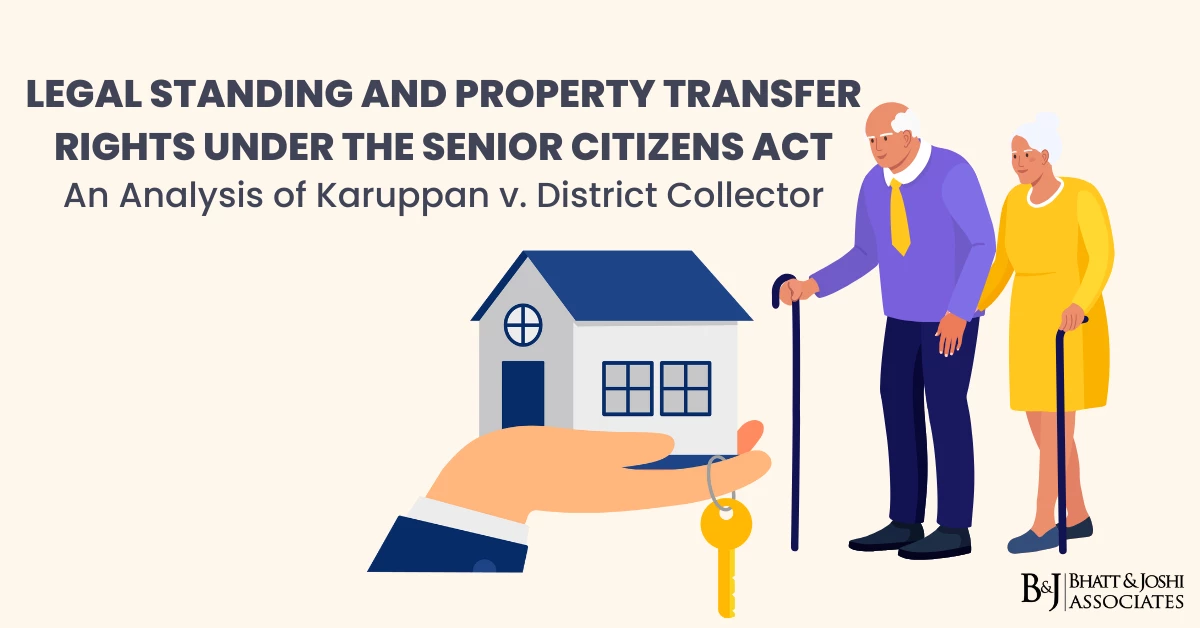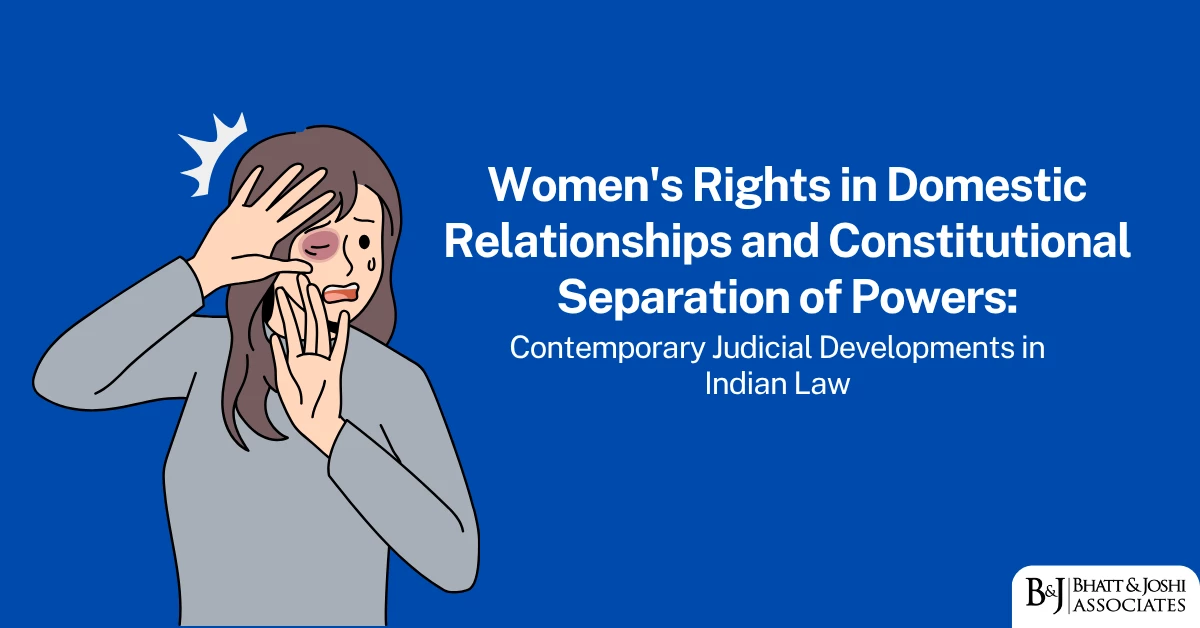Introduction
Under Section 11 of the Customs Act, the Central Government has the power to prohibit the importation or exportation of goods that, inter alia, violate patents, trademarks, copyrights, designs, and geographical indications. Currently, Notification No. 51/2010-Cus. (NT) issued under Section 11 of the Customs Act prohibits the import of goods intended for sale or use in India, which is in violation of specified provisions of the above parent IP statutes. The prohibition is subject to the following conditions and procedures as specified in the Intellectual Property Rights (Imported Goods) Enforcement Rules, 2007 (IP Rules).
Procedure for IPR recordation in regard to Indian Customs
An application for recordable of a valid intellectual property right can be submitted electronically on www.ipr.icegate.gov.in;
- The rights holder’s representative will need to create a unique id and a password on the website and fill the online forms and upload the relevant documents.
- Separate forms must be completed for each IP right sought to be recorded.
- A Unique Temporary Registration Number is then generated (UTRN).
- A hard copy of the documents must be submitted to the IPR cell of the Custom House of the representative’s choosing, along with a cover letter quoting the UTRN;
- Within 30 days a Unique Permanent Registration Number (UPRN) will be issued which confirms the recordation
The indemnity bond protects the Customs authorities against all liabilities and expenses they may incur as a result of having detained the goods. In other words, the person importing the goods will not be able to claim damages from the Customs authorities on account of the clearance of the goods having been suspended. Any such liability will be borne by the rights holder.
General Bond + Consignment-Specific Bond
Rights Holder needs to provide consignment specific Bond of an amount equivalent to 110% of the value of the detained goods, along with security, in the form of a bank guarantee or fixed deposit, equivalent to 25% of the bond value at the port of interdiction
Centralized Bond-:
Customs will debit the applicable amount (equivalent to 110% of the value of the detained goods) along with a security equivalent to 25% of the bond value from the Centralized Bond Account.
The right holder may file a Centralized Bond (which will be a running bond) for a value that is sufficient in their judgment, to correspond to the value of allegedly infringing goods, all over India. The particulars of the Centralized Bond will be uploaded online and applicable to all the ports in India with an online facility of debit and credit. This security amount would then be used against future interdictions of goods that infringe the Applicant’s IP. The right holder would have the ability to “top up” the Centralized Bond at any time without the worry of needing to produce a Consignment specific Bond in a short time period when infringing goods are interdicted.
AMENDMENT TO THE RULES IN 2018- PATENT RIGHTS EXCLUDED FROM THE PURVIEW OF THE RULES:
It is pertinent to note that the Rules were amended vide a notification of the Department of Revenue, Ministry of Finance in the year 2018 and pursuant to which the following two important changes have been brought into effect:
- ‘Patent Rights’ have been excluded from the purview and scrutiny of Customs authorities. Accordingly Custom Authorities no longer have the jurisdiction to scrutinize imports of any products/goods on the ground that such products/goods may be infringing on any Indian patent. In the light of such amendments to the Rules, enforcement of patent rights at the Customs frontier/ border is possible only through an order of the Court whereby specific injunction against import of infringing products is obtained by the patent’s right holder.
- An amendment to Rule 5 of the Rules has been brought in, mandating the requirement of a notice by the IP Rights holder to the customs authorities, in case of any order of amendment, cancellation, revocation or suspension of their subsisting IP Rights by a court of law.
The 1st amendment i.e. ‘Patent Rights’ from the purview of the Rules was necessitated considering the fact that any assessment of a potential patent infringement would require a detailed method of assessment of a technical nature of the relevant goods/products, and the same method of limited scope of enquiry as in the case of Trademarks and Copyrights was found to be not sufficient in order for the customs authorities to form an opinion on potential patent infringements arising out of certain imports. ‘
The second amendment mandating the requirement of a notice by the IP Rights to customs authorities, would ensure that frivolous infringement claims are not an unnecessary hurdle to genuine trade and persons holding expired or revoked IP Rights are mandated to inform the customs authorities as such and this directly ensures that trade and business does not get affected by suspension of clearance of imported goods where no IP Rights subsist.
It is a great initiative by the government to set up such a user-friendly platform to encourage the IP Rights owners to record their IP Rights with the Customs office and thereby fight together against cross-border counterfeiting and infringement of IP Rights in India. Thus, the IP Rights owners need to be vigilant and ensure to take such pro-active measures to record their IP Rights with the Indian customs authorities.













